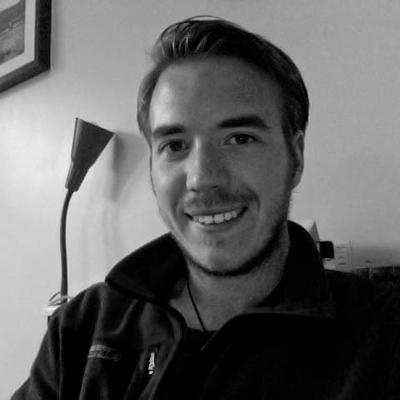Santiago Pacheco Ruiz MSc Environmental Pollution Control, 2012

Hi, I'm Santiago Pacheco Ruiz and I studied MSc Environmental Pollution Control within Engineering and the Environment at the University of Southampton.
Most of our lecturers were top researchers and experts in their disciplines. As a result, all the lectures were very up to date with current environmental issues, and I learned a great deal about tackling environmental problems of various kinds.
I began my career in civil engineering in 2006 and realised that the way that some of the systems of environmental pollution control in my country were still in need of improvement. As a way to help Mexico’s development I decided to pursue a postgraduate course in the subject. I opted to study in the UK as it has a strong policy of backing environmental development programmes.
I chose the University of Southampton because it is ranked as one of the best universities in the world for civil and environmental engineering studies
and offers a master’s degree completely focused on environmental pollution control.
It was the first time I had studied in the UK and it was a fantastic experience. Most of our lecturers were top researchers and experts in their disciplines. As a result, all the lectures were very up to date with current environmental issues, and I learned a great deal about tackling environmental problems of various kinds.
The teaching, library and laboratory facilities in the University of Southampton were first rate, with all the material, equipment and information technology that you could need. Moreover, outside of my studies, I really appreciated the facilities of the university for extracurricular activities such as sports, art, and many others.
During my degree, I carried out a research project looking at the application of a gravitational submerged membrane filtration system for microalgae harvest and anaerobic digestate separation, aiming to improve different processes within the production of energy from microalgal biomass to make it more feasible. This was the most difficult but also the most exciting part of the master’s programme, as you need to apply everything that you have learned in the taught phase to produce a proper scientific research project of your own.
Overall, it is challenging, but very rewarding and satisfying.